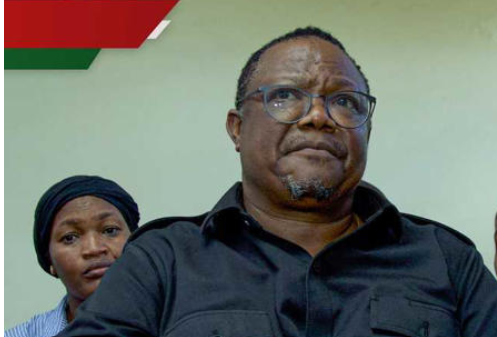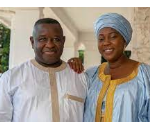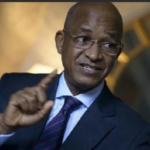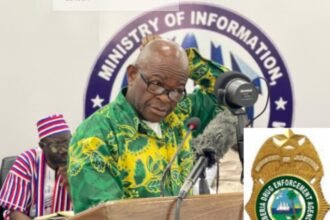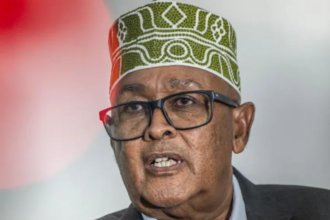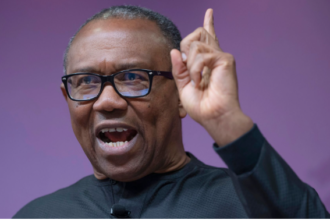By Simba Munyua
DAR ES SALAAM, Tanzania – Tanzanian opposition leader and CHADEMA party chairman, Tundu Lissu, has been charged with treason and cybercrime offences following his arrest after a rally in Mbinga town. The arrest, which took place moments after Lissu addressed supporters advocating for electoral reforms ahead of the 2025 General Election, sparked chaotic scenes as police dispersed the crowd with tear gas.
Lissu, a veteran politician leading the opposition’s “No Reforms, No Election” campaign, was swiftly arraigned before the Kisutu Resident Magistrate’s Court in Dar es Salaam on Thursday. While he appeared in good spirits alongside his legal team and fellow opposition figures, the court declined to accept a plea on the treason charge.
The charges against Lissu include inciting rebellion during a rally held in Dar es Salaam on April 3rd. According to the charge sheet, Lissu allegedly declared the opposition would “spoil this election” and “really disrupt” the process.
Alongside the treason charge, Lissu faces three additional counts of publishing false information under the Cyber Crimes Act. These charges stem from statements made in a YouTube video where Lissu reportedly accused President Samia Suluhu Hassan’s administration of manipulating elections, using police to steal votes, and appointing judges loyal to the ruling CCM party. Prosecutors allege these remarks were knowingly false and intended to mislead the public.
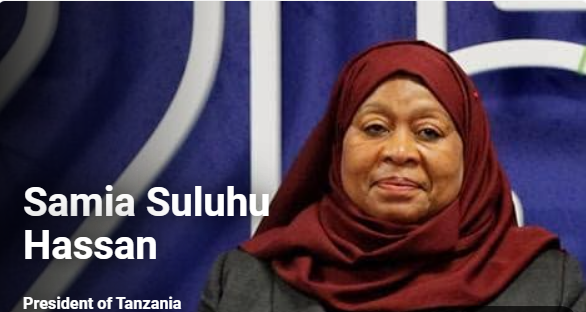
Lissu’s legal team has vehemently condemned the charges as politically motivated, aiming to silence the opposition and stifle dissent. “You cannot separate these charges from politics,” argued renowned advocate Rugemeleza Nshala, leader of Lissu’s defense team. “He was educating party supporters, not inciting rebellion. They have turned democracy into a criminal offense.”
The arrest and subsequent charges have renewed criticism of President Samia Suluhu Hassan’s leadership. While initially praised for easing restrictions following the presidency of John Magufuli, this case raises concerns about a shrinking democratic space in Tanzania as the country approaches the 2025 elections. Critics argue that the charges against Lissu are a worrying sign that the government is resorting to repressive tactics to suppress opposition voices and maintain its grip on power. The case is expected to be closely watched by international observers and rights groups as it unfolds.


